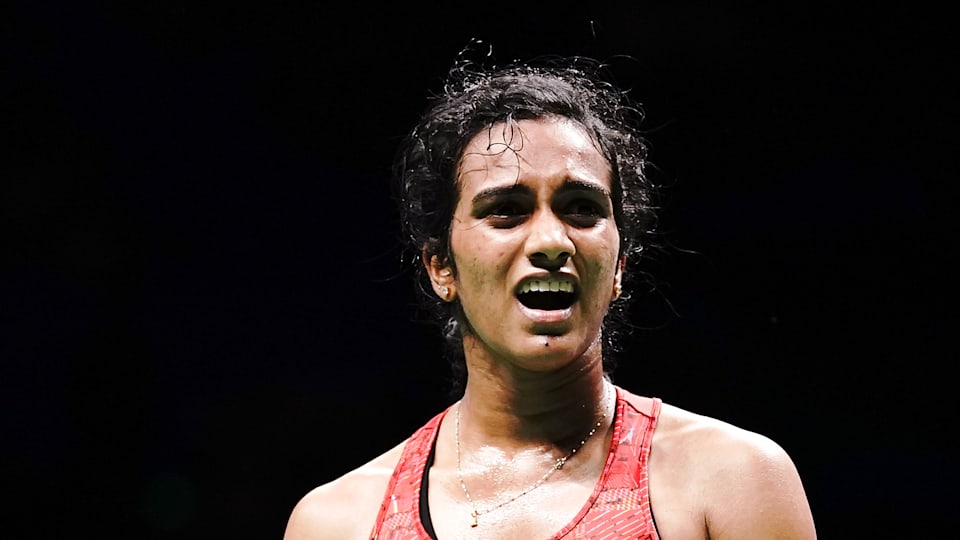Olympic Mantra: How significant is sports psychology for an Olympic athlete?
As Indian athletes gear up for Tokyo, renowned sports psychologist Divya Jain says mental strength is a skill that most people can acquire

One of the biggest paradigm shifts in Indian sports in the past decade has been the dialogue over mental health. But for some, there may still be a stigma attached to seeing a psychologist – less it be perceived as an admission of weakness .
But Indian sports stars like Abhinav Bindra and Virat Kohli have started speaking up about the importance of training the mind. While Leander Paes’ fitness in his 40s has been a source for awe, few know that he has been working with US-based sports psychologist Dr Jim Loehr since the 1990s.
More and more Indian athletes are now seeking the services of sports psychologists, or ‘mind coaches’ as they are sometimes called, as we roll closer to the Olympics. Under TOPS (Target Olympic Podium Scheme), the Sports Authority of India (SAI) has made a provision for athletes to get funding for sports psychology sessions.
“People are definitely recognizing that there is more of a need,” Divya Jain, Head of Psychological Services at the Fortis National Mental Health Program who has worked with some of the Indian athletes bound for the Tokyo Games, told Olympics.com .
“People don’t realise that it’s a skill that can be cultivated, that you can be taught how to deal with those pressure situations. So, while people have always recognized that the mind plays a very important part in sport, so far there has been stigma. Mental training is just as important as physical training, conditioning, technical training but even now it’s not given as much importance. We have a long way to go.”
The talk over mental health gained momentum last year during the lockdown. While most people struggled to make the mental shift, elite athletes found it difficult to channelize all that energy they would otherwise use during their training sessions.
“Initially it was just about the uncertainty that was there, are the Games happening, not happening,” she said. “People not being allowed to train so they didn’t know what to do with their time, how to manage a lot of anxiety over lost time because some players felt like this would be their last chance.
“We told them to focus on smaller, more meaningful goals. Told them to be creative with training sessions to find ways to just sustain the skills they had learnt over the years. Some players engaged with music etc. Even working on micro-skills like footwork, decision-making, reaction time. Players who have been able to do that have done well.
“Now that the competitions have started, it’s also about preparing them for those events because most athletes have not had competition exposure for a year. They have to kind of get back into that mental frame, because there would be performance anxiety again. Also, in times like these, they are anxious about their health and the health of their family.”
One of things coaches, of any kind, repeatedly tell athletes is, ‘stay in the moment’. Jain believes it is an important element in how athletes deal with anxiety, pressure, and it is something that can be honed.
“Staying in the moment is a psychological skill that can be learnt,” she says.
“Being aware of the present moment, noticing the sights, sounds around you, being less in your head, being more physically active are all part of that. Being more engaged with the environment you are in, with the people around you, enjoying what you are doing.”
“Pre-shot routines are a big part of this,” she adds. May be that is one of the reasons why tennis great Rafael Nadal indulges in his many tics, keeping the bottles lined up just so and tucking his hair behind his ears, hitching up the sleeve before every serve. They are designed to stop athletes from thinking of the last shot, or the next shot and pull them back into the present.
The Delhi-based sports psychologist is also working with some Indian athletes who will be playing their very first Olympics at Tokyo 2020. For them, her message is to just enjoy the experience.
“You can look at it as anxiety or you can look at it as excitement,” she said.
“Treat it like another game. Treat it for what it is. If you put too much focus on this being make-or-break moment of my life, or think, ‘what I do here in this half hour will determine my future.’ That’s way too much pressure.”
